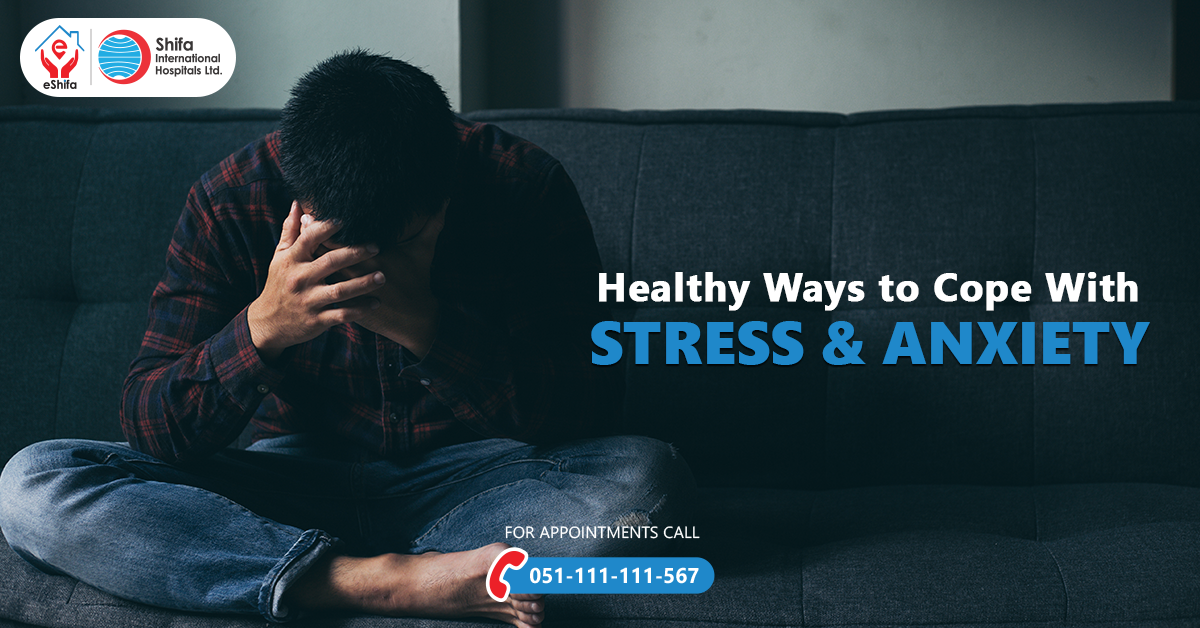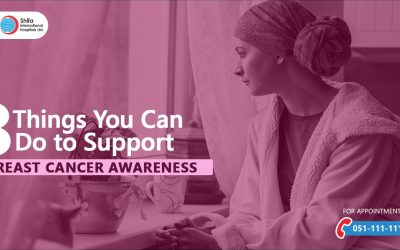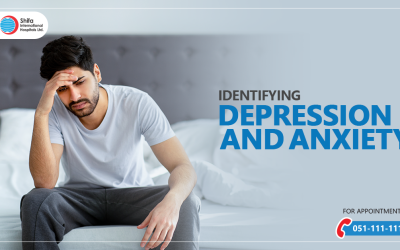Many of us are dealing with issues that can be upsetting, stressful, and can trigger powerful emotions in both adults and kids. Stress and anxiety are inevitable events in life. But when they persist constantly, these emotions can become very overwhelming and draining. Health practices like physical distance due to covid-19 might make us feel alone and isolated and raise our stress and anxiety levels.
People may experience powerful and enduring reactions following a traumatic incident and are eventually impacted by stress and anxiety. There are techniques to handle anxiety, even if it seems out of control, even though they can present themselves in different ways in different people and at different levels.
Understanding anxiety and stress is greatly aided by knowledge of its causes and treatments, but there are also some mental and physical actions you may do when experiencing these emotions.
Developing appropriate coping mechanisms and receiving the proper care and support can help lessen the symptoms and feelings associated with stress.
Difference Between Anxiety & Stress
Between stress and anxiety, there is a thin line which makes these two emotions different. While both are emotional reactions, stress is usually brought on by an external trigger. A job deadline or an argument with a loved ones are examples of short-term triggers. Long-term triggers include being unable to work, discrimination, or a persistent illness. Stress causes both mental and physical symptoms in people, including irritation, rage, exhaustion, muscle pain, digestive issues, and trouble sleeping.
Contrarily, anxiety is characterized by excessive worry that persists even in the absence of a stressor. The symptoms of stress and anxiety are quite similar, including difficulty in concentrating, weariness, tense muscles, and irritability.
Similar coping methods work well for both light stress and mild anxiety. There are various coping techniques accessible in addition to physical activity, a balanced diet, and proper sleep hygiene.
Consider speaking to a mental health professional who can help you understand what you are experiencing and give you more coping mechanisms if your stress or anxiety does not respond to these management techniques, or if you feel that either stress or anxiety are impacting your daily functioning or mood. A psychologist, for instance, can assist in determining whether you might have an anxiety problem.
The anxiety usually lasts for months and has a severe impact on mood and performance. Some anxiety disorders, such agoraphobia (the fear of people or open places), can make it difficult for a person to maintain a job or engage in outdoor activities.
Who Does It Affect?
The body and mind’s reaction to stress is anxiety. It is intended to assist in taking action to lessen physically dangerous and upsetting circumstances from an evolutionary standpoint. Everybody experiences moments of anxiety, but individuals who endured trauma and difficult events as children are more prone to it. Additionally, some people have heightened, disruptive reactions to stress and anxiety (for a variety of reasons). Specific phobias like social phobia or agoraphobia, the dread of and avoidance of circumstances that could trigger panic attacks or make escape challenging, are linked to and exacerbated by anxiety.
Healthy Ways to Cope Stress & Anxiety
Practice Mindfulness:
In order to be mindful, we must accept our ideas and feelings without passing judgement on them. For example, we must not consider that there is a “right” or “wrong” way to think or feel at any given time. By engaging in mindful exercises like meditation or yoga, we train our minds to focus on the present moment rather than the past or the future.
The most well-liked mindfulness technique is meditation. Because they teach you to slow down your thought process, observe, be patient, and take note of how your thoughts affect you and your mental well-being, relaxation techniques are excellent for stressful situations. You can be more accepting of your thoughts and better understand what causes your worry by meditating. You can even use it as a practice.
Take care of your body:
Basking in the sun, rest, exercise, and positive thinking are some of the finest healthy treatments for any disease. The same is true when it comes to controlling stress levels and reducing anxiety symptoms.
Exercise also helps people feel better about themselves and become more resilient, both of which are crucial in the treatment of anxiety disorders.
Maintaining your mental health and calmness requires rest just as much as activity. Lack of sleep makes you more likely to experience mood swings, disengagement, and stress-related reactions. A mind and body that are sleep deprived are less likely to be able to effectively manage anxiety symptoms and may even have negative effects. On the other hand, your mind and body are better equipped to handle stress when you are well-rested. Additionally, you are more likely to be cheerful and possess positive mental health.
Take time out for positive self-talk:
The majority of us are more accustomed to verbally abusing ourselves. How frequently, for instance, have you told yourself that you are too sluggish, too ugly, or not successful enough to matter? This kind of negative self-talk only gets us one place: nowhere good. On the other hand, you can employ positive self-talk to refocus your thoughts from anxiously inducing negative ones to your strengths, your capacity for coping, and the ways you’ve been able to achieve success, however you define it.
You can harness the power of self-talk to remind yourself that your body has just entered panic mode and that what you are feeling is an incredible surge of stress chemicals (such as adrenaline) in your body while you are suffering severe anxiety or even a full-blown panic attack. Positive ideas, words, and images can calm your nervous system again even though it may seem impossible to make changes with just your head.
Take time to laugh:
Anxiety waves might occasionally seem to appear out of nowhere, but this is uncommon. It frequently results from paying too much mental attention to anything stressful that makes you feel nervous or panicky. Try finding a light distraction to divert your attention from unpleasant situations or aspects of life that you know make you uneasy. This is especially helpful for situations that are beyond your control. Light-hearted shows, movies are very effective in these situations.
Laughter is the finest therapy when you find yourself on the verge of extreme stress and pressure. Endorphins and dopamine are released during laughter, which has a relaxing effect on the body. Laughter can also give you a fresh outlook and give you the confidence to know that everything will work out in the end. After letting some steam off through laughter, you will probably be better able to cultivate self-compassion, accept what is beyond your control, and thoughtfully handle the things that are under your power.
Talk to a professional:
You are a human having a very human experience if you are experiencing stress or anxiety. Despite the fact that anxiety is quite widespread, the majority of individuals do not prefer treatment for it, just as the majority of people do not receive assistance for depression or other related diseases. Consult with a skilled therapist if your anxiety is frequently getting the better of you. Therapists are aware of how much you are struggling to keep up with the demands of this hectic life and how they can result in or contribute to stress and anxiety. They can assist you in identifying and neutralizing triggers and in understanding the causes of your nervous reactions. Additionally, they’ll assist you in putting into practice coping mechanisms that promote calmness and resilience to help you treat anxiety.
Together with you, they can discuss your prior experiences and look back on them to help you identify the events and traumas that make you anxious and investigate the reasons why. Everybody has distinct triggers, life experiences, and events. Various people are likely to feel anxiety and panic in different ways, even if they have the same type of anxiety condition.
Shifa International Hospital offers versatile services and treatment for Mental and Emotional Problems. The medical branch of Psychiatry specializes in the assessment, diagnosis, treatment, and prevention of emotional, behavioral, and mental disorders.
Our Psychiatric consultants specialize in providing personalized care and effective behavioral management techniques for addressing all kinds of mental & psychological issues.
If you or anyone you know is living with extreme stress & anxiety, then seek immediate medical help by booking an appointment with our internationally trained Doctors and expert physicians on 051-864646.
You can also visit our website or download our eShifa App for more information.
Reference:
Healthline
CDC





0 Comments